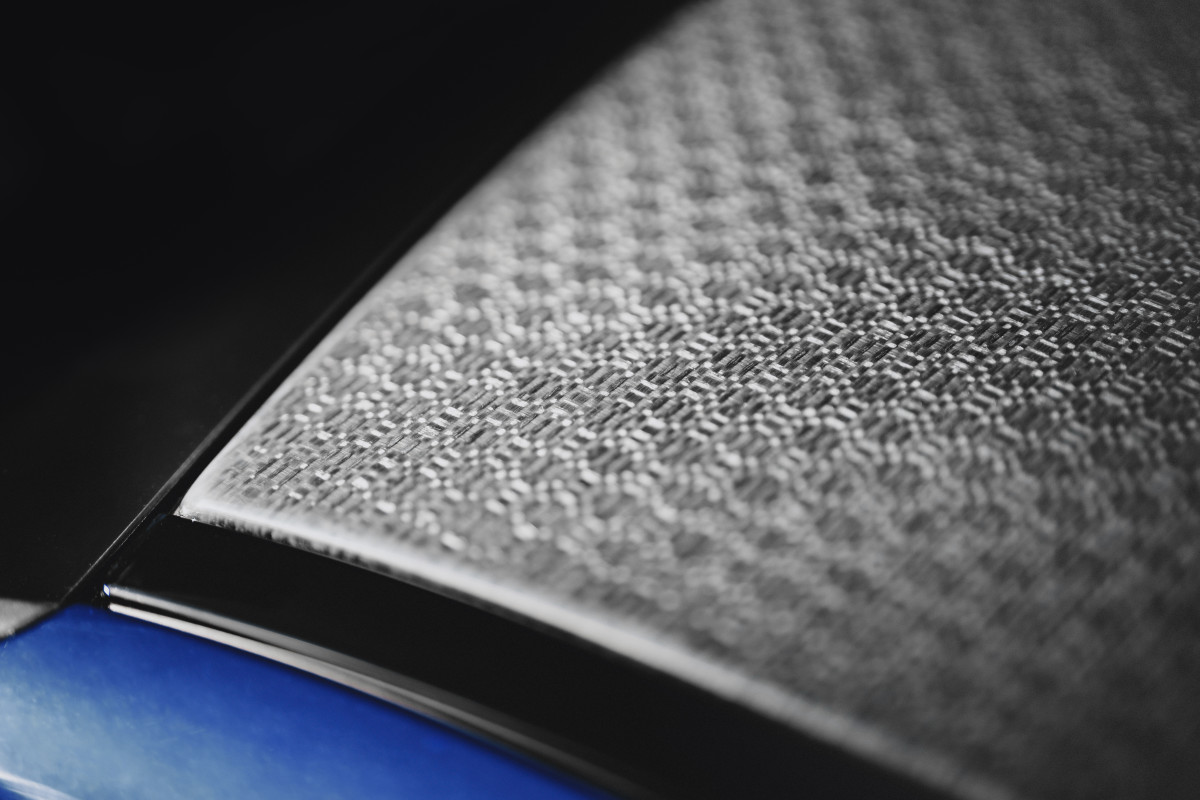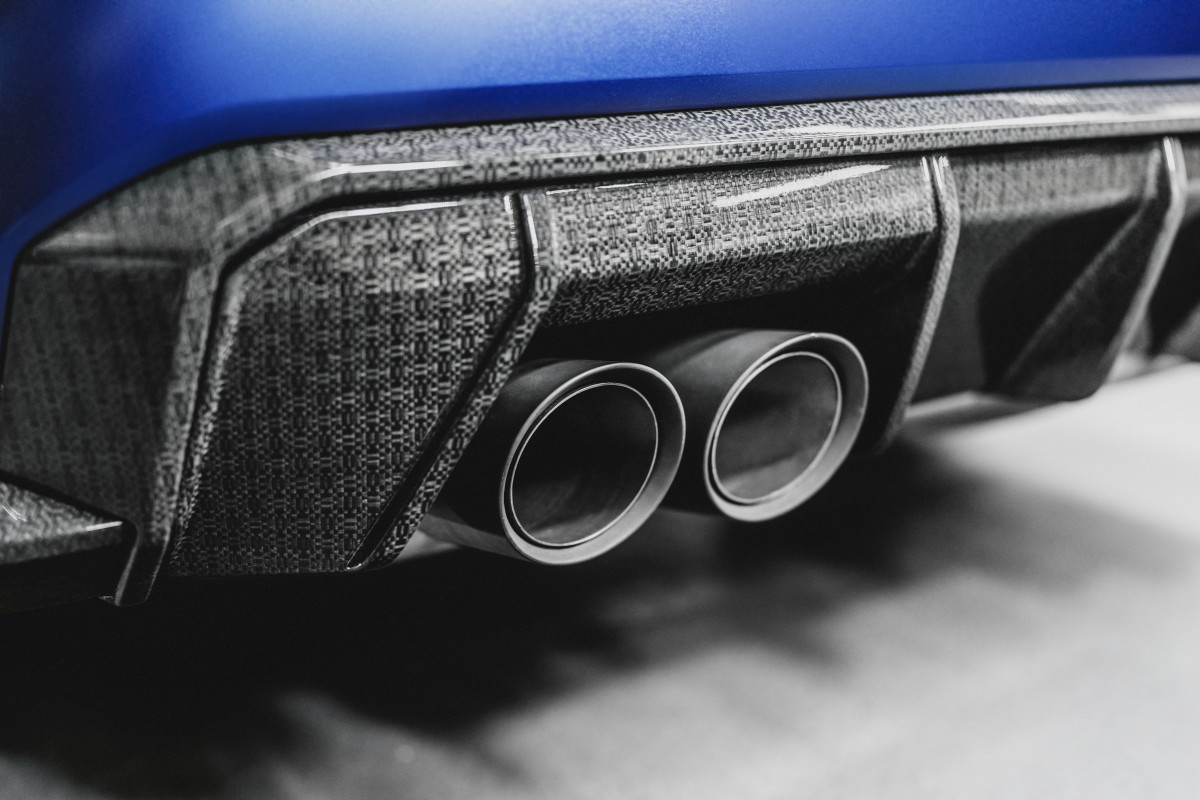Going Green with BMW

So, here’s the deal: It’s not just your latte getting a veggie makeover; cars are catching the wave, too. Imagine this—BMW, yes, the same folks known for purring engines and sleek designs, they’ve stepped up their game on the sustainability ladder. They’re not just focused on lowering emissions or electrifying engines anymore. BMW is jazzing up its interiors with all sorts of eco-friendly stuff, from reclaimed wood to recycled plastics. And get this, they’re even introducing something called “vegan leather” for the seats. But that’s just the start. The real kicker? BMW’s latest leap into the future: plant-based composites instead of your typical high-tech materials.
Flax Over Fiber

The latest buzz around BMW isn’t just the horsepower or the fancy tech inside their cars; it’s about something they call ‘flax-fiber.’ BMW’s hopping on the sustainability train with a material that’s stronger and greener than the carbon fiber used before. These “natural fiber composites” are derived from flax, which is a handy plant responsible for linen and even some types of currency paper. Apparently, swapping out carbon fiber for this flax-based alternative can drop CO2 emissions during production by about 40%. Those flax fibers aren’t just a quiet breeze over at BMW; they’re already being trialed on the racetrack in partnerships with a Swiss company, Bcomp.
There’s serious credibility here because BMW’s not just bench-tested this stuff; they’ve thrown it into the hustle and bustle of Formula E races. It gets even better. This innovation might make its way to the production line in future high-performance models like the M3 and M4. When BMW execs start talking about the potential of flax roofs in their upcoming M series, you know they aren’t just spinning wheels.
This isn’t just some passing trend. BMW’s investment in Bcomp through their BMW i Ventures shows they’ve got skin in the game. They’ve beta-tested these flax panels in motorsports—BMW’s M4 DTM and M4 GT4 models are already sporting these natural composites. By the time they hit the Nürburgring’s 24-hour race, those flax fibers will be more than proven in the heat of competition.
Closing Lap
This new flax-fiber tech tells us a thing or two about BMW’s future direction. They’re not just dressing their cars in green marketing slogans; they’re working from the inside out to genuinely craft a more sustainable ride. Sure, to the average observer, a panel might look like standard carbon fiber, but the innovation goes deeper than that. It’s a game of lowering emissions and creating more eco-friendly cars, not just pasting a green badge on the hood and calling it a day.
The vibe here isn’t just about creating cars that scream down the freeway; it’s about ensuring those screams are a little more planet-friendly down the line. Kudos to BMW for making that shift, and it looks like everyone else might soon be rallying to keep up.
Buick Electra E5
Skoda Bike Pickup
New Buick Electra E5
Mall Ruckus: Cruiser Chase
Thunder Returns